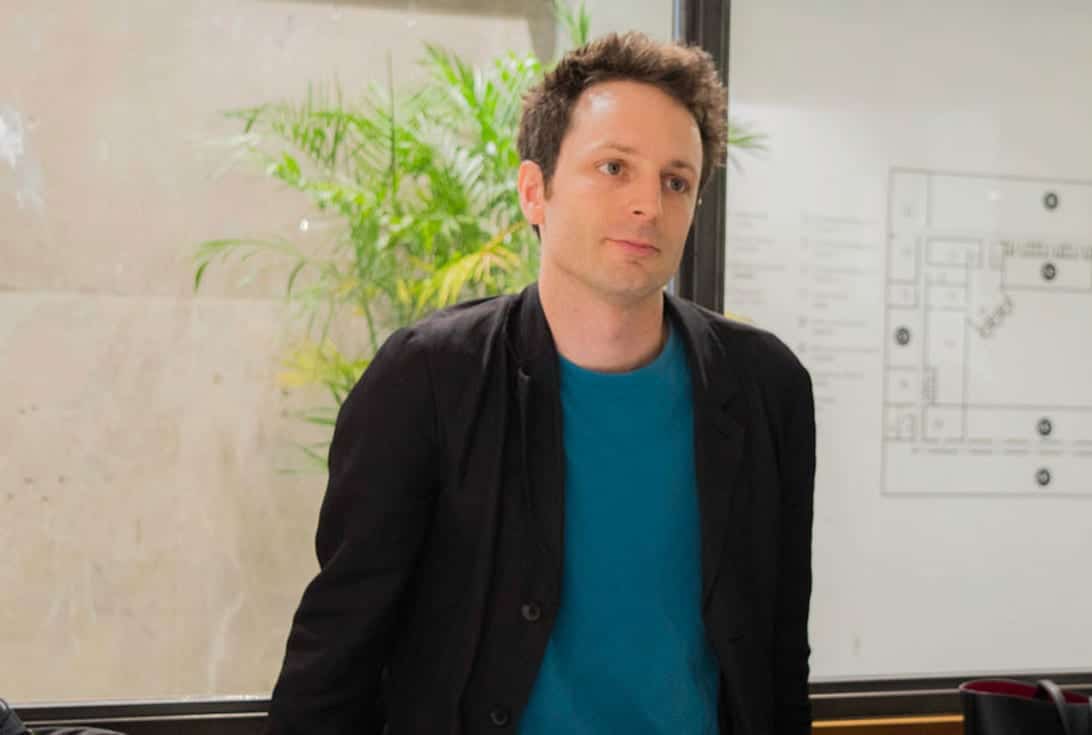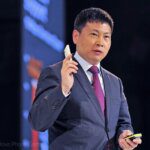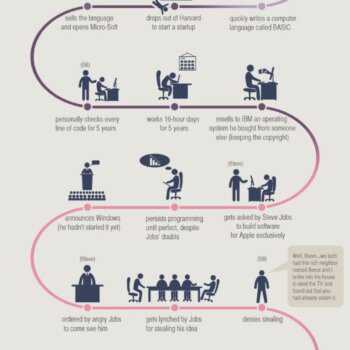Thomas Graziani started a company called WalthChat which helps foreign business sell to China via the social network WeChat.
What’s your story?
I’m French and I live in Beijing. I ran away from France after spending some time in a big management consulting company and hating it. China was a way for me to break away from the social pressure that is everywhere in France (especially for people like me who went through the “classic” path of engineering school, business school, consulting, etc.)
Today I run a company called WalktheChat. We help foreign businesses sell to China via the social network WeChat. WalktheChat spinned off from my previous entrepreneurial ventures, where I realized the power of WeChat and decided to make it my full time job.
We went through several pivots with the company: we started out as an agency building WeChat solutions for large enterprises (Nestle, NFL, etc.) and then started developing our own WeChat e-commerce software solution, which, today is our main business.
What excites you most about your industry?
WeChat is incredibly fast-moving. There are new changes and updates every week. It is also a quick way for our clients to gain results in the Chinese market. It is exciting to take a brand with no China experience, set-up their local social networks and start to drive sales within weeks via WeChat Key Opinion Leaders.
What’s your connection to Asia?
I’ve been living in China for 6 years. For the first 3 years I was leading much of the Smart City strategy for Schneider Electric and I’ve been running WalktheChat for the past 3 years.
Favourite city in Asia for business and why?
I picked Beijing. I don’t like the idea of a “favourite city for business.” Life is short, and you should live where you want to live. Beijing is an incredibly diverse, dynamic and charming city. It’s best for business for me, because that’s where I enjoy living.
What’s the best piece of advice you ever received?
I like the “Raise prices” philosophy from Andressen Horrowitz. Software companies often make the mistake of pricing too low.
Who inspires you?
I like Jon Snow in Game of Thrones because he’s a terrible leader with no ability to delegate, making impulsive stupid decisions and with no sense of company politics, and yet he manages to move forward. There is something reassuring in that!
What have you just learnt recently that blew you away?
I learned how to snap my fingers. It’s very useful when listening to music and dancing.
If you had your time again, what would you do differently?
I would have learnt how to snap my fingers earlier.
How do you unwind?
I listen to podcasts or watch very stupid comedy on Youtube.
Favourite Asian destination for relaxation? Why?
I hate to travel. My favorite Asian destination is still Beijing. Why? Because I hate to travel.
Everyone in business should read this book:
Siddhartha by Hermann Hesse (also works if you’re not in business by the way)
Shameless plug for your business:
We help foreign companies sell to China via WeChat. Learn more on https://walkthechat.com
How can people connect with you?
[email protected]
Twitter handle?
@thomas_duqi
—
This interview is part of the ‘Callum Connect’ series of more than 500 interviews
Callum Laing is an entrepreneur and investor based in Singapore. He has previously started, built and sold half a dozen businesses and is now a Partner at Unity-Group Private Equity and Co-Founder of The Marketing Group PLC. He is the author two best selling books ‘Progressive Partnerships’ and ‘Agglomerate’.
Connect with Callum here:
twitter.com/laingcallum
linkedin.com/in/callumlaing
Download free copies of his books here: www.callumlaing.com































